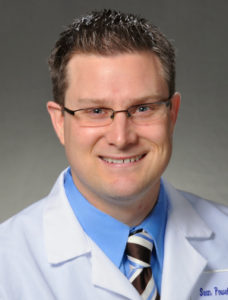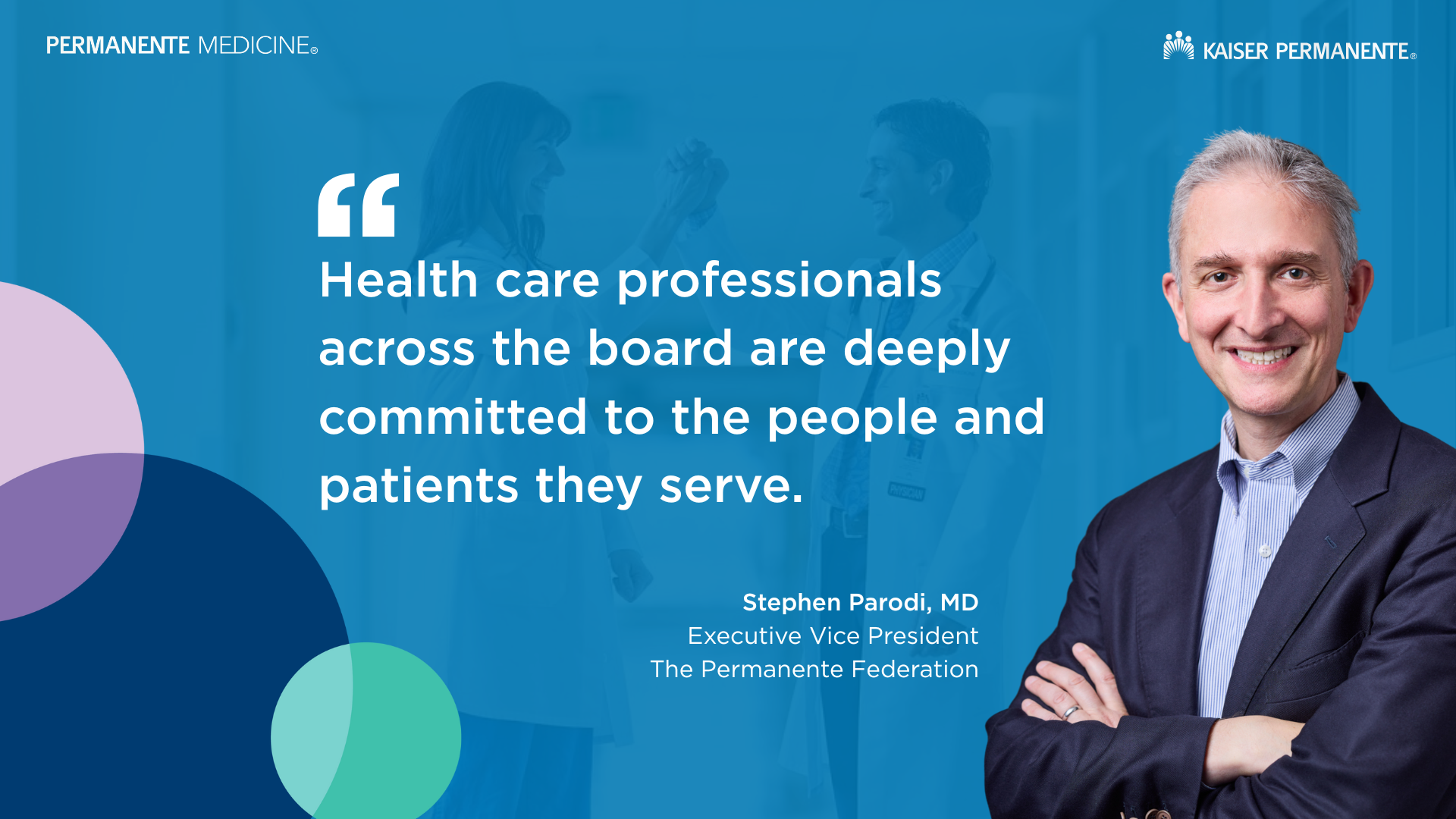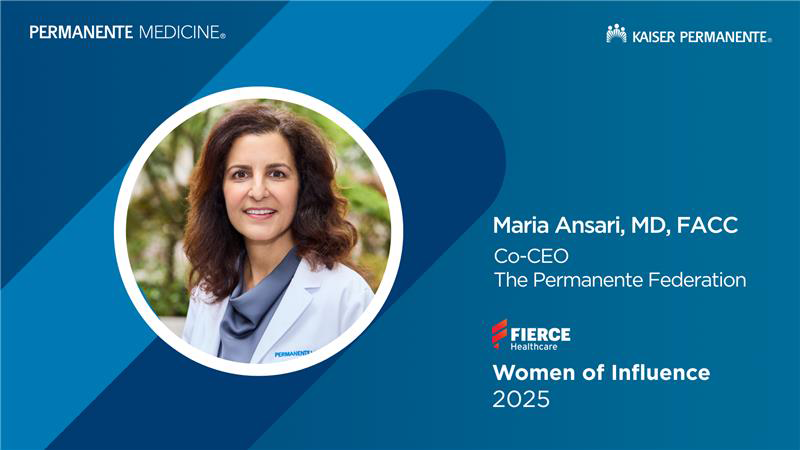Explore valuable lessons learned from Permanente physicians in 2025's rapidly changing health care landscape.

Lifelong learning improves patient care, invigorates physicians
By Sean Powell, MD

In medical school and residency, my favorite memories involve me learning clinical pearls that would help me better take care of patients. When I learned these brief, straightforward clinical recommendations and saw them in action, I could tell that I was making the transition from student to doctor.
The feeling of exhilaration I got from applying my knowledge to make a patient better also made the hours of study and exams worth it. I could tell my classmates felt the same way when they would share with me the pearls they learned and how they would incorporate them into their practices.
Even though I am an attending now, learning a new technique, trick, or clinical pearl still excites me and makes me eager to use my newfound wisdom to help my patients.
Quality improvement initiatives
As director of Medical Education for The Permanente Federation, I oversee the American Board of Medical Specialties (ABMS) Multi-Specialty Portfolio Program™ for our 8 Permanente Medical Groups whose physicians provide care to more than 12.2 million members. In this role, I strive to bring that same sense of exhilaration and empowerment and share it with participating physicians.
To date, we have more than 130 ongoing quality improvement initiatives and more than 5,000 physicians who have completed projects for maintenance of certification (MOC) credit.
One recent MOC project, developed by physician leaders in San Diego, aimed to reduce the number of patients on high dose opioid prescriptions. Doctors in San Diego noticed that too many patients were on high dose opioids (defined as >100 milligram equivalents of morphine daily), and therefore at high risk of medicine-related adverse events.
The biggest benefit of being a Portfolio Program sponsor is that when we notice a care gap or deficiency, we can design activities to improve care that are based on our organization’s specific goals.
With the help of the Physician Education Department, this MOC project was designed to empower physicians to decrease their patients’ opioid doses. The project was a huge success, resulting in a reduction of the number of patients on high dose opioids by half during a two-year period.
In addition to helping the organization close a care gap, participating doctors gained the clinical pearl of better opioid prescribing practices and received MOC credit for their efforts. Perhaps most importantly, the physicians who participated learned tools to help them treat chronic pain patients more effectively.
Many of our activities are like this one, originating at the local level and supporting our national quality goals.
Closing care gaps
Quality improvement activities are regularly added as we discover new opportunities to close care gaps and new ways to measure progress. One project from Colorado uses a computer program to search the electronic medical record to identify the percentage of patients with depression who are being assessed with the PHQ-9, a standardized tool for assessing depression. These metrics help our physicians improve their screening rates and help us better manage our population of patients with depression.
Building off these successes, our goals for 2019 include designing an activity in which Permanente physicians in all our geographic locations can participate and improve our national performance. This will help us learn from each other and standardize care for our patients, no matter where they access our services.
The biggest benefit of being a Portfolio Program sponsor is that when we notice a care gap or deficiency, we can design activities to improve care that are based on our organization’s specific goals. Furthermore, care gaps can be identified at multiple levels and across the continuum of care due to the integrated nature of our organization, and thus gives us a valuable tool to drive improvement.
When planning and executing these projects, it’s important to design the projects so that the physicians who participate leave with skills that they can use after the project is completed. I believe that linking learning to practice and engaging in lifelong professional development in medicine – especially the kind that is facilitated through a well-designed and engaging MOC activity – can improve patient care and is empowering and invigorating for those involved.
I hope that the physicians who participate in Kaiser Permanente maintenance of certification programs come away with the same feeling I had when we were medical students.
Sean Powell, MD, is a family medicine physician with the Southern California Permanente Medical Group and director of Medical Education for The Permanente Federation.
Hear more from Dr. Powell on this topic in the following ABMS video:


